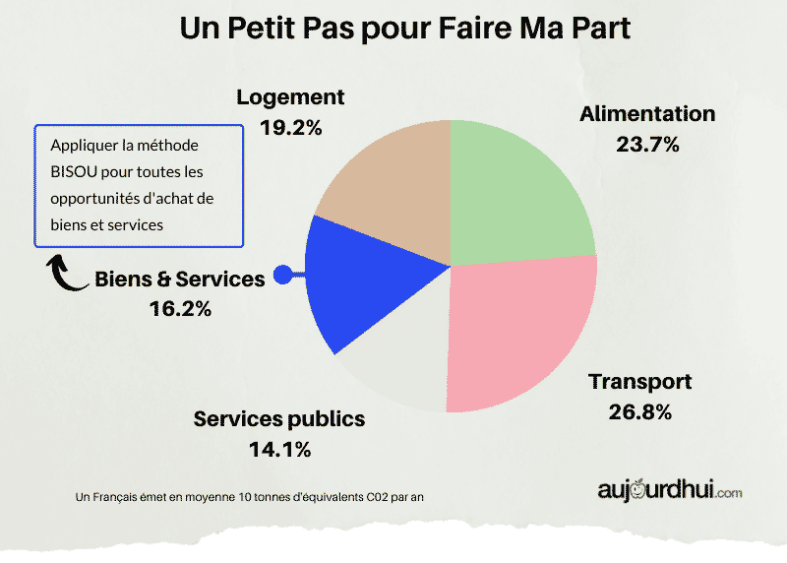An American study reported by Le Monde reveals that in patients placed in intensive care, 13.5% of them contract a fungal infection, also called aspergillosis. Among them, 50% die from the combination of the two diseases. This figure is high, compared to deaths due to severe forms of Covid-19, estimated at 30%. Why is co-infection causing so much damage? The Croix Rousse hospital in Lyon has looked into the matter.
Patients in intensive care are more at risk of aspergillosis
Excess mortality due to fungal infection is not new. The Centers for Disease Control and Prevention already pointed out in January 2021 that aspergillosis was a major complicating factor in severe forms of Covid-19. But this fungus is everywhere:As soon as you have blackish stains on the walls, there’s aspergillus in them” underlined Doctor Cendrine Godet, during the International Congress of the European Society for Respiratory Diseases (ERS) in 2018.
Patients in intensive care have a reduced immune response, are more fragile and therefore more at risk of aspergillosis. However, the latter are common in intensive care and easily penetrate the lungs via intubation treatments. Another danger linked to these infections has been pointed out and is the subject of the investigation in Lyon.
Too many antifungals would make the strains resistant
The hypothesis formulated is the following: antifungals would be too commonly prescribed for prevention, to the point of becoming ineffective. The fungi would be too regularly exposed to it and would develop a resistance, we are talking about resistant strains. A pharmacist from the Croix-Rousse hospital also explains on a daily basis that, during the first wave, these drugs were overconsumed in intensive care.
The study will therefore focus on all patients who were put on antifungals while ventilated and hospitalized with Covid-19, to understand if their chances of survival have been reduced. Pharmacists, biostatisticians, computer scientists, mycologists and infectiologists will work together to establish a course of action to protect patients from aspergillosis, while making sure not to make them more vulnerable by administering antifungals without reason. Be a way to assess when to prescribe the drug at the right time for the right patient.
Sources: Le Monde, CDC Aspergillosis Complicating Severe Coronavirus Disease, January 2021
Read also:
- Aspergillosis: an unknown respiratory disease
- According to the ANSM, no established link between anti-Covid vaccine and menstrual disorders


















